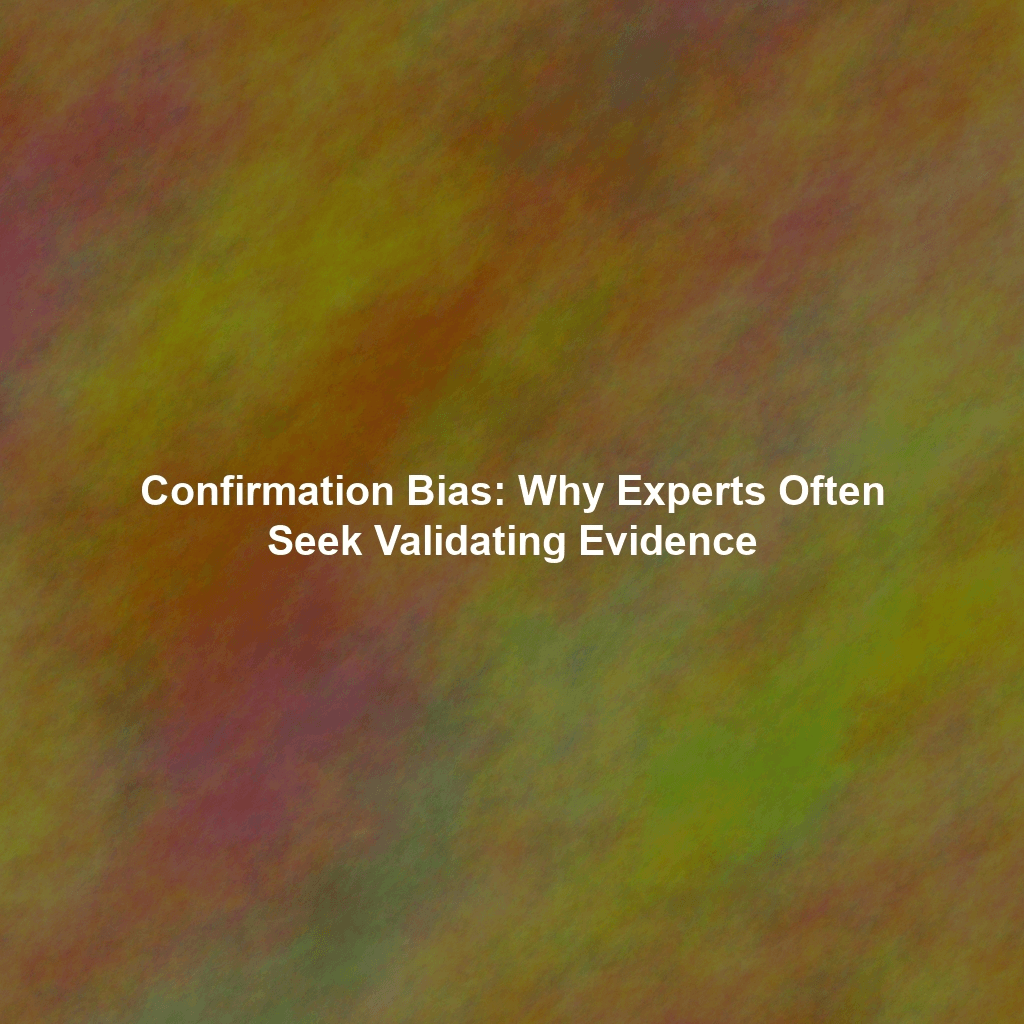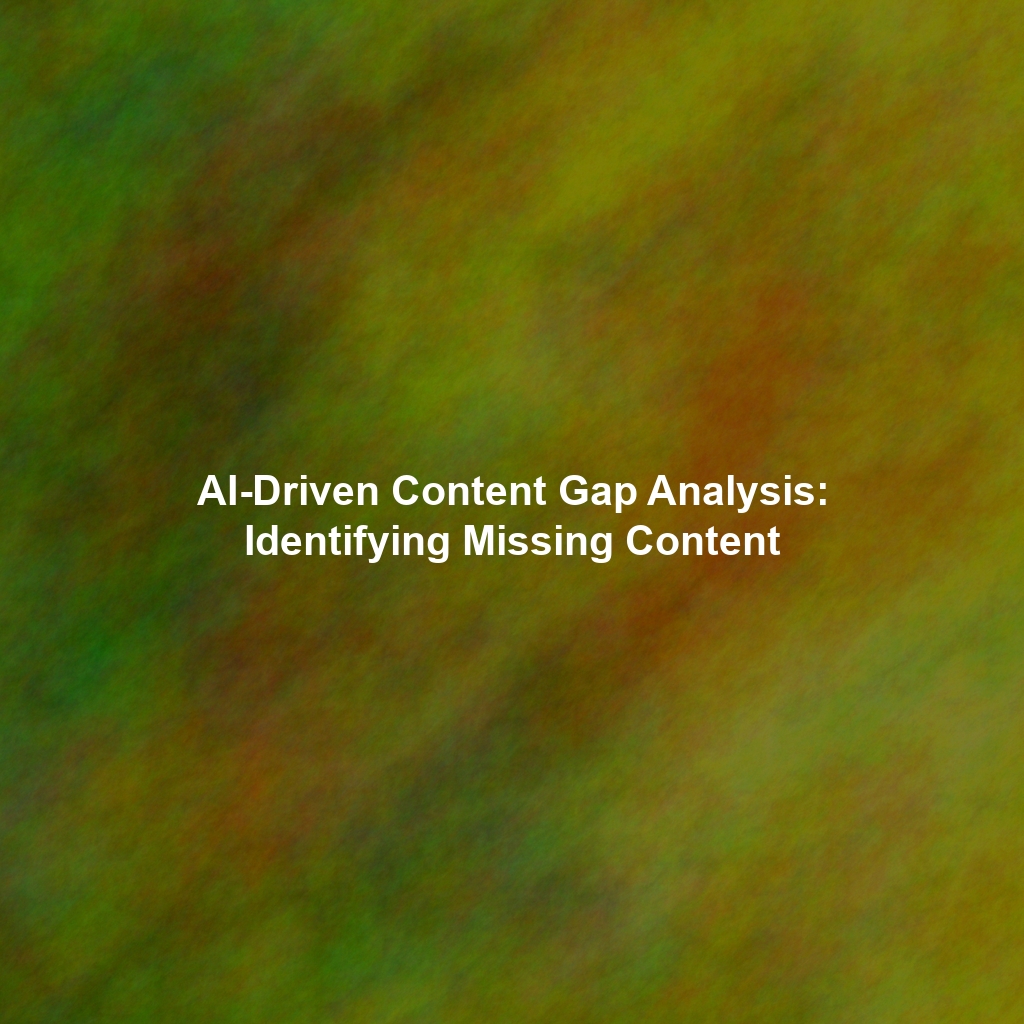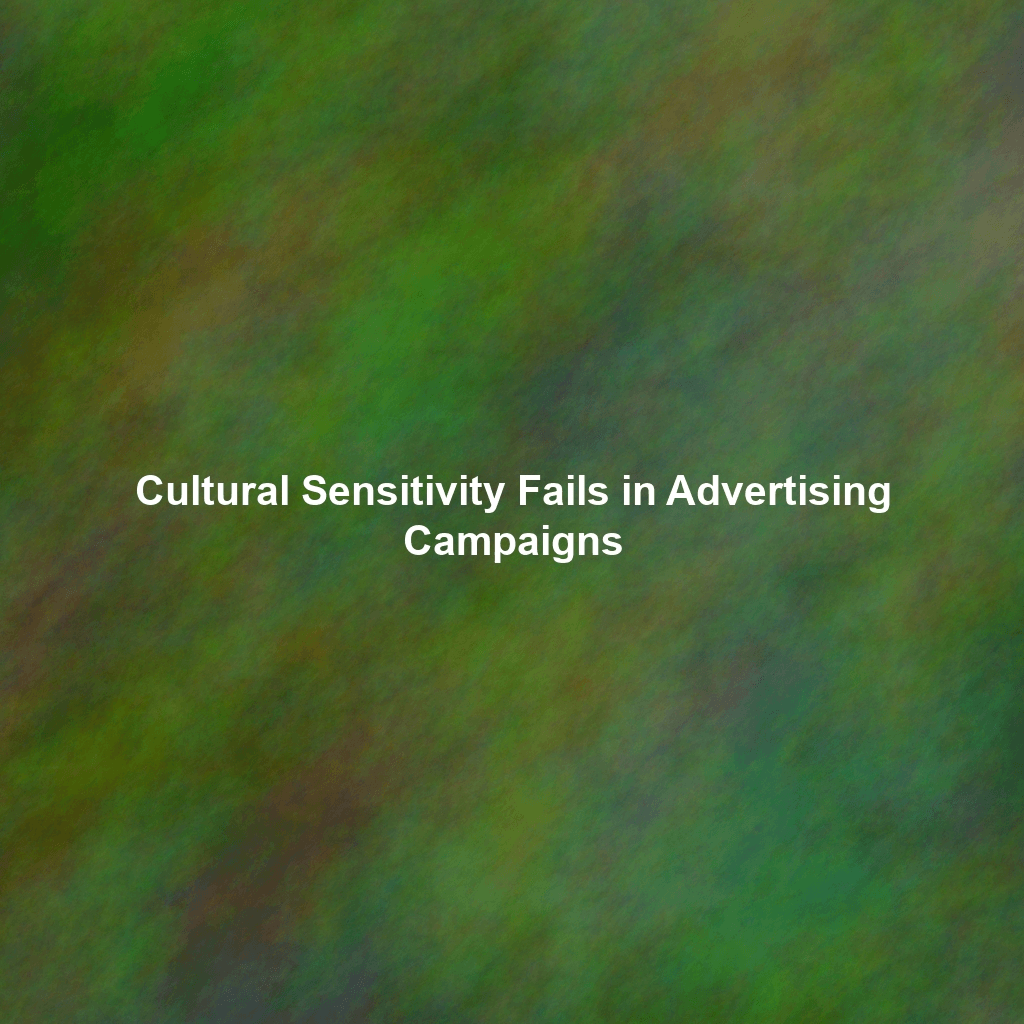The Siren Song of Agreement: Confirmation Bias and the Expert Echo Chamber
We often turn to experts for guidance, seeking their informed opinions and evidence-based insights. But what happens when those experts, despite their credentials and experience, fall prey to a common cognitive pitfall known as confirmation bias? The truth is, no one is immune, and understanding this bias is crucial for navigating a world overflowing with information and purported expertise.
What is Confirmation Bias?
At its core, confirmation bias is the tendency to selectively seek out, interpret, and remember information that confirms one’s pre-existing beliefs or hypotheses. It’s like having a mental filter that lets in the data that supports your view while blocking out anything that contradicts it. This bias operates largely unconsciously, making it even more insidious. It’s not necessarily about actively trying to mislead; it’s more about a natural, often unintentional, inclination to find evidence that makes us feel validated and right.
Think about it: have you ever Googled something to confirm your own understanding of a topic, rather than to genuinely explore all angles? That’s confirmation bias in action. It’s the reason why political echo chambers thrive online and why people often remain entrenched in their opinions, even in the face of overwhelming counter-evidence.
Why Are Experts Susceptible?
You might assume that experts, with their rigorous training and vast knowledge, are immune to such biases. However, their very expertise can sometimes make them more vulnerable. Here’s why:
Investment in Their Ideas
Experts often dedicate years, even decades, to developing and refining their theories. This deep investment can create a strong emotional attachment to their ideas. Challenging those ideas then feels like a personal attack, triggering defensive mechanisms and making them more likely to seek confirming evidence while dismissing contradictory findings. Nobody wants to believe their life’s work is fundamentally flawed.
Reputation and Status
An expert’s reputation is often built on their adherence to certain established theories or methodologies. Deviating from these norms can risk professional ostracism or damage to their credibility. This pressure to conform can incentivize experts to selectively promote evidence that supports the prevailing wisdom within their field, even if they have internal doubts.
Specialized Knowledge and Limited Perspective
Expertise often comes at the cost of breadth. An expert in one specific area may lack a holistic understanding of the broader context. This narrow focus can lead them to overemphasize the importance of data within their specialization, while neglecting potentially crucial information from other disciplines. They become so deeply immersed in the details that they miss the bigger picture, only considering data that fits within their pre-defined frame of reference.
The Illusion of Control
Experts often develop a strong sense of control over their domain of knowledge. This perceived control can lead them to underestimate the role of chance or unforeseen factors, leading them to selectively interpret data in a way that reinforces their sense of predictability and mastery. They believe they *know* how things work, and therefore only seek information that supports that perceived knowledge.
Examples of Confirmation Bias in Expert Fields
The consequences of confirmation bias can be far-reaching across various fields. Here are a few examples:
Medical Diagnosis
A doctor who suspects a particular diagnosis might focus on symptoms that align with that diagnosis while downplaying or ignoring other symptoms that suggest alternative possibilities. This can lead to misdiagnosis and inappropriate treatment.
Financial Forecasting
An economist who predicts a market crash might selectively highlight negative economic indicators while dismissing positive signs, reinforcing their initial prediction even when the evidence suggests otherwise. This can lead to poor investment decisions.
Scientific Research
Researchers might selectively report or interpret data to support their initial hypothesis, neglecting contradictory findings or methodological flaws. This can lead to biased research outcomes and hinder scientific progress. The pressure to publish positive results (publication bias) exacerbates this problem.
Legal Proceedings
Law enforcement officials might focus on evidence that supports their initial suspect while ignoring exculpatory evidence, potentially leading to wrongful convictions.
Combating Confirmation Bias: A Skeptical Approach
While confirmation bias is difficult to eliminate entirely, there are strategies that can help mitigate its influence, particularly for experts:
Embrace Skepticism and Critical Thinking
Cultivating a healthy dose of skepticism is crucial. Experts should actively question their own assumptions and seek out dissenting opinions. Critical thinking involves carefully evaluating evidence, considering alternative explanations, and being willing to revise beliefs in light of new information.
Seek Diverse Perspectives
Engaging with individuals who hold different viewpoints can challenge ingrained biases. This could involve collaborating with experts from other disciplines, participating in open debates, or simply listening to and considering alternative perspectives. Constructive disagreement is a powerful tool for uncovering hidden assumptions.
Use Blinded Studies and Protocols
In research settings, employing blinded studies where participants and researchers are unaware of the treatment being administered can help minimize bias. Establishing standardized protocols for data collection and analysis can also reduce the potential for subjective interpretation.
Actively Seek Disconfirming Evidence
Instead of solely focusing on evidence that supports their beliefs, experts should actively search for evidence that contradicts them. This requires a conscious effort to overcome the natural inclination to seek confirmation. Consider running “pre-mortem” exercises, where you imagine your idea has failed and brainstorm all the possible reasons why.
Embrace Humility and Acknowledge Uncertainty
Recognizing the limitations of one’s own knowledge and acknowledging the inherent uncertainty in complex systems is essential. Experts should be willing to admit when they are wrong and to revise their beliefs based on new evidence. Confidence is valuable, but overconfidence can be a dangerous blind spot.
Peer Review and Open Science Practices
Robust peer review processes and the adoption of open science practices, such as sharing data and research methods, can help expose biases and ensure that research findings are rigorously scrutinized.
The Importance of Informed Skepticism for Everyone
Understanding confirmation bias is not just important for experts. In a world saturated with information, we all need to be critical consumers of knowledge. By recognizing our own biases and actively seeking diverse perspectives, we can make more informed decisions and avoid being swayed by the siren song of agreement. We should question everything, even the opinions of those considered to be the most knowledgeable. After all, true expertise lies not in unwavering certainty, but in the willingness to learn and adapt.
The Bullshit Detector: Still Needed
While experts contribute valuable knowledge, it’s crucial to remember they are human and susceptible to biases, like confirmation bias. Therefore, maintaining a healthy level of skepticism, even towards established authorities, is necessary for navigating a world filled with misinformation and complexities. A critical approach empowers us to evaluate information effectively and make informed decisions, enhancing our understanding of ourselves and the world around us.
 Skip to content
Skip to content

